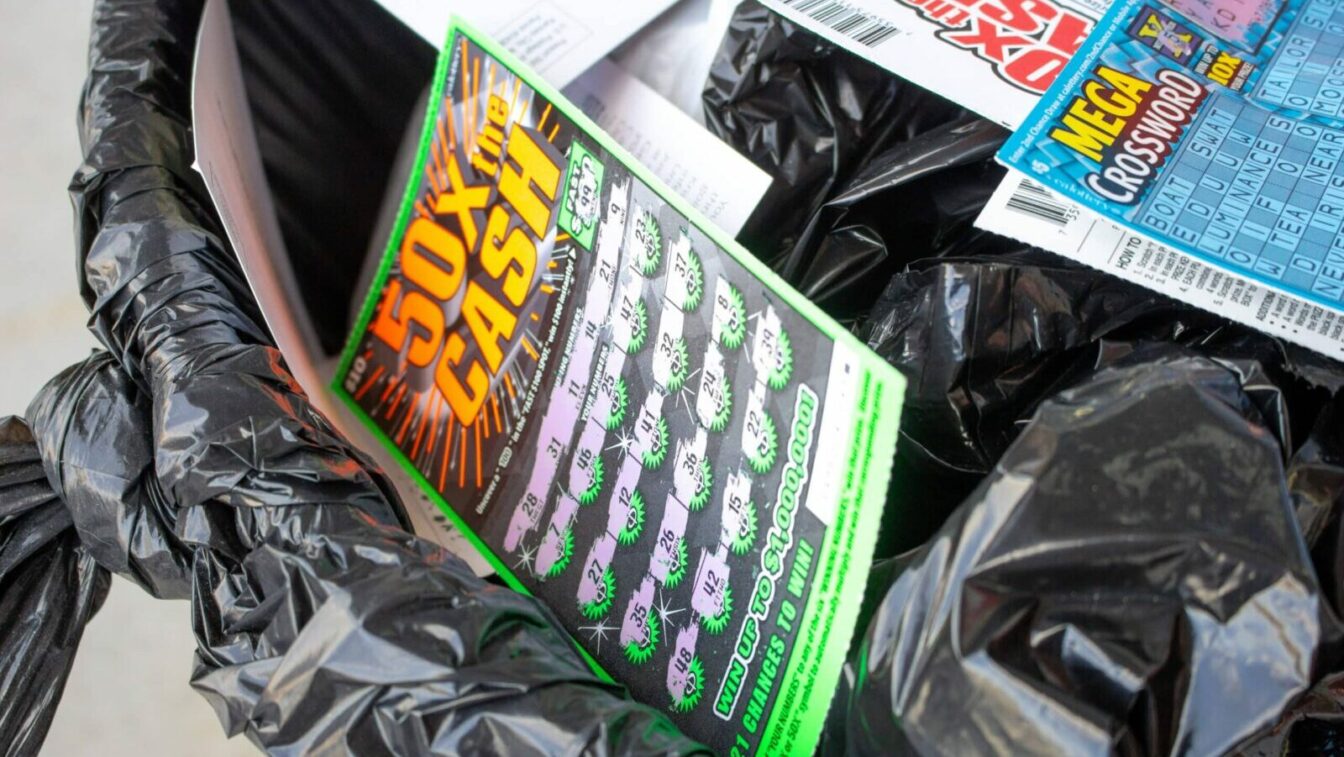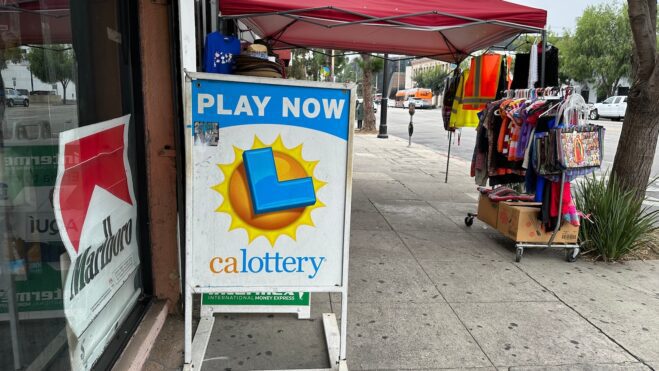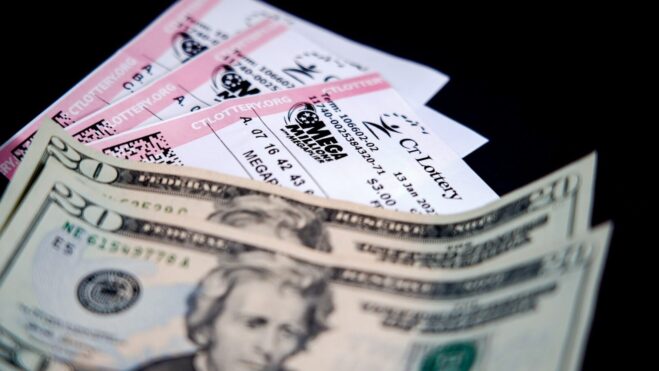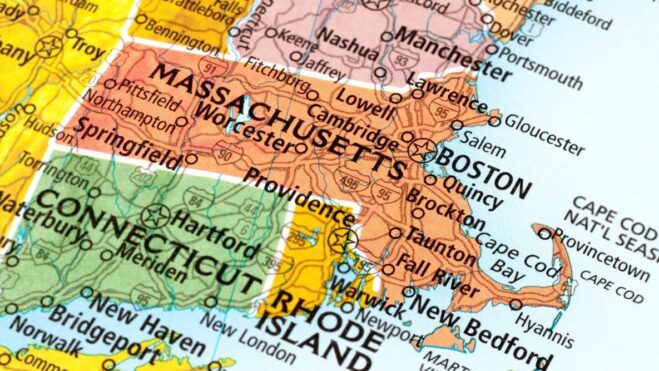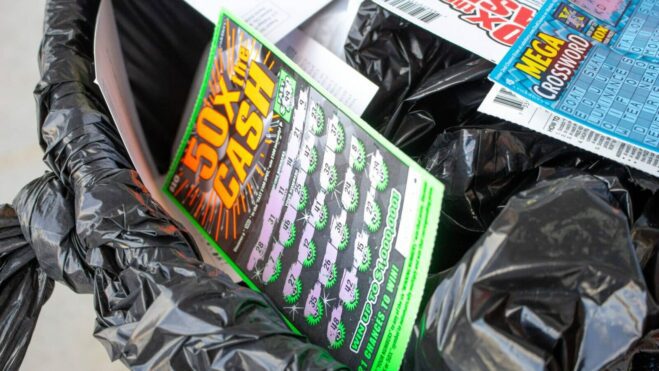Lottery Courier CEOs Come Together, Share Expectations For Growth Of Digital Sector
"We’re augmenting the lotteries’ marketing," said Peter Sullivan. "You’re getting compounding effects of what we do. It lifts all boats.”
3 min
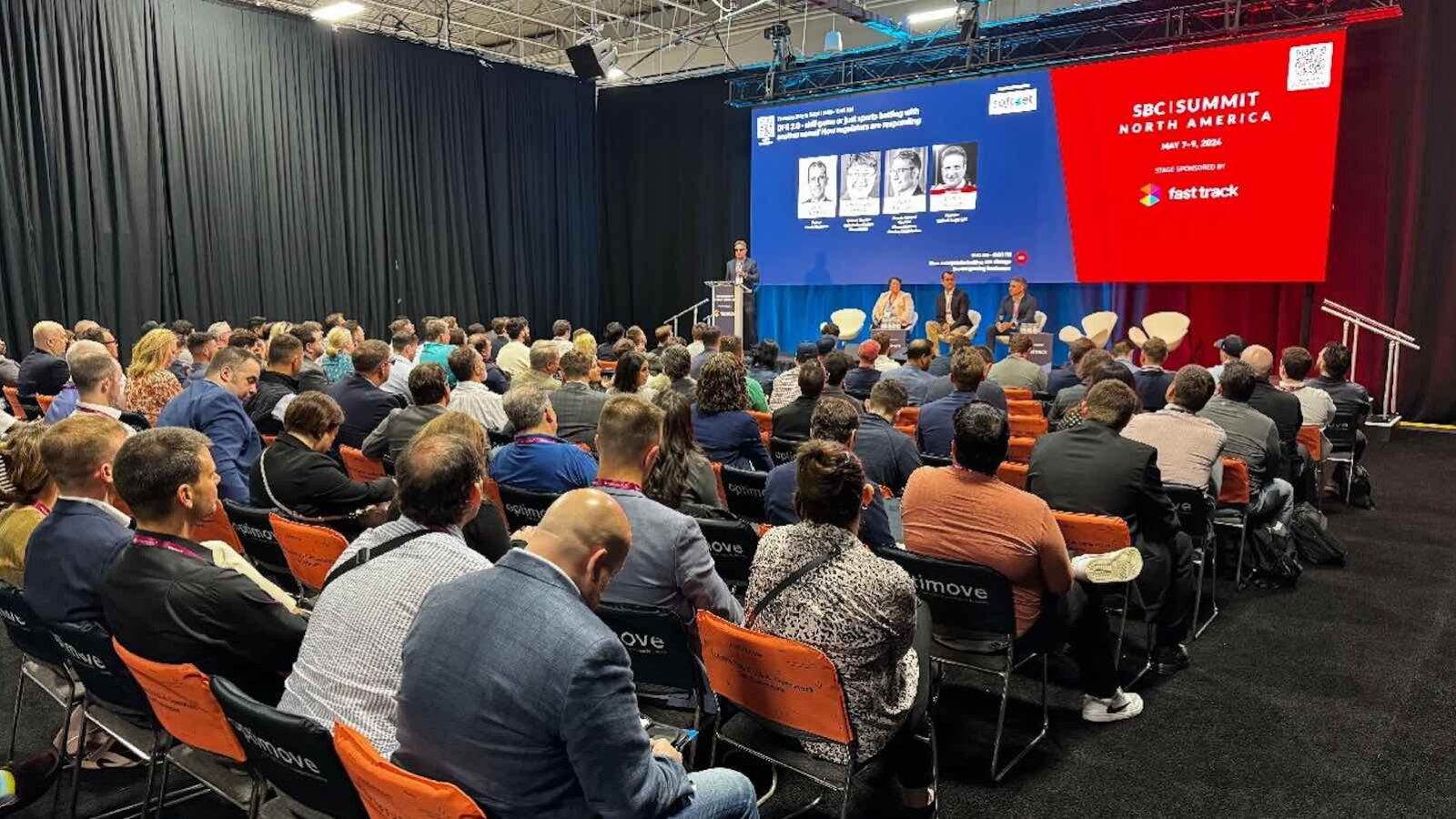
“If you give people what they want in the way that they want it, it’s going to succeed.”
Those words from Akshay Khanna, the co-founder and CEO of Jackpot.com, summed up the sentiments shared at the SBC Summit North America in Secaucus, New Jersey, on Wednesday afternoon, which brought the heads of all three major U.S. lottery courier services together for a panel discussion. Khanna was joined by Lotto.com CEO Tom Metzger and Jackpocket CEO Peter Sullivan for what moderator William Scott of Meridianbet said was the first time the three men had shared a stage.
And they not only shared the stage; they also generally shared a vision for where the lottery industry is headed.
Jackpocket’s courier service is available in 18 U.S. jurisdictions, Lotto.com is in nine, and Jackpot.com has entered five. The CEOs were asked if they expect more states to adopt their courier services, whereby players can order lottery tickets through their apps and have those tickets purchased on their behalf at a retail location (Metzger referred to the companies as “the Uber Eats of lottery”).
“The answer is unequivocally yes,” Khanna said. “The question is how long until it reaches a majority of states. At some point, damn near 50 states are going to offer some form of online gambling.
“We wouldn’t be here if we didn’t believe we will expand to more states.”
Onward and upward
Growth is particularly on Sullivan’s mind, as DraftKings is finalizing a $750 million acquisition of his company. “We’re partnering with a company [in DraftKings] that can really extend lottery to new players,” he said.
Metzger added that the courier companies share a spend-money-to-make-money mindset, which only makes sense if they believe there’s significant opportunity for growth in their sector.
“In my opinion, lotteries are woefully underfunded from a marketing perspective. Just 1% of sales are allocated for their marketing budgets,” the Lotto.com CEO said. “We’re comfortable spending those acquisition dollars. That’s not in a state lottery’s DNA to risk capital and hope that they’ll make it back in the future.”
Metzger added that courier services are particularly well positioned to thrive in case states continue to be slow to adopt iLottery (lottery games that can be played digitally, often resembling slots games). He noted that the federal government made iLottery legal on a national level in 2011, but only 11 states have launched it in the 13 years since.
“Couriers are the path of least resistance,” Metzger said, for states looking to increase lottery sales without taking the iLottery plunge.
Two of the CEOs seemed to indicate an expectation for “slow growth” in the years ahead, but Metzger upended the “slow” part when he spelled out, “We’re currently seeing 300 percent year-over-year growth” at Lotto.com.
If it looks like a slot …
The panel was titled “How Lotteries Can Hit the Jackpot: Following Sports Betting’s Example to Work With Regulators and Implement Digitization,” but the sports betting path was hardly discussed. There was, however, plenty of discussion of the implementation of digitization as it pertains to eInstant games.
One of the panelists who is not a courier-service CEO, Connecticut Lottery Corporation executive Andrew Walter, said that in his state, “We presented numbers about what it would look like if we could do eInstant tickets,” but received pushback because “it looks a lot like online slots” and indications were that the Connecticut tribes weren’t going to be supportive of legalizing iLottery.
Metzger added to the “it looks a lot like online slots” point: “I’ve been in the industry for 20 years,” he said, “and I personally can’t tell the difference between an eInstant and a slot machine, except the payouts are different.”
Khanna chimed in about as bluntly as possible, “If it looks like something and it smells like something, it probably is something.”
Sullivan noted that there have been cases where, in order to get a game permitted for iLottery and not categorized as an iCasino slot, it has come down to something as seemingly insignificant as designing games with a horizontal scrolling reveal instead of a vertical scrolling reveal.
Addition, not subtraction
One other point on which the panelists were aligned was the ever-present gambling industry topic of “cannibalization.” It’s in the couriers’ interest to say this, of course, but all agreed courier sales do not detract from retail sales (they are retail sales, ultimately). The Connecticut Lottery Corporation’s Walter agreed.
“The data is pretty conclusive at this point,” Walter said. “There is not a single state [among those with couriers] that has seen a sales decline in retail.”
“We have so many new players that have never played lottery before,” Jackpocket CEO Sullivan said. “Research shows 15 percent of our players never ordered a ticket before. … We’re augmenting the lotteries’ marketing. You’re getting compounding effects of what we do. It lifts all boats.”
Sullivan pointed to an example of how Jackpocket partnered with Circle K convenience stores and offered online customers discounts and deals on gas and in-store products. “We were able to prove it worked, it brought those customers to the retail outlets,” he said.
In the end, the couriers don’t see their business as a threat to the retail side of lottery. Sullivan opined, “I think iLottery can actually be more of a threat to retail than what we do.”
Khanna immediately chimed in with the second half of that cause-and-effect statement: “And that’s why I think the expansion of iLottery has been so slow.”


